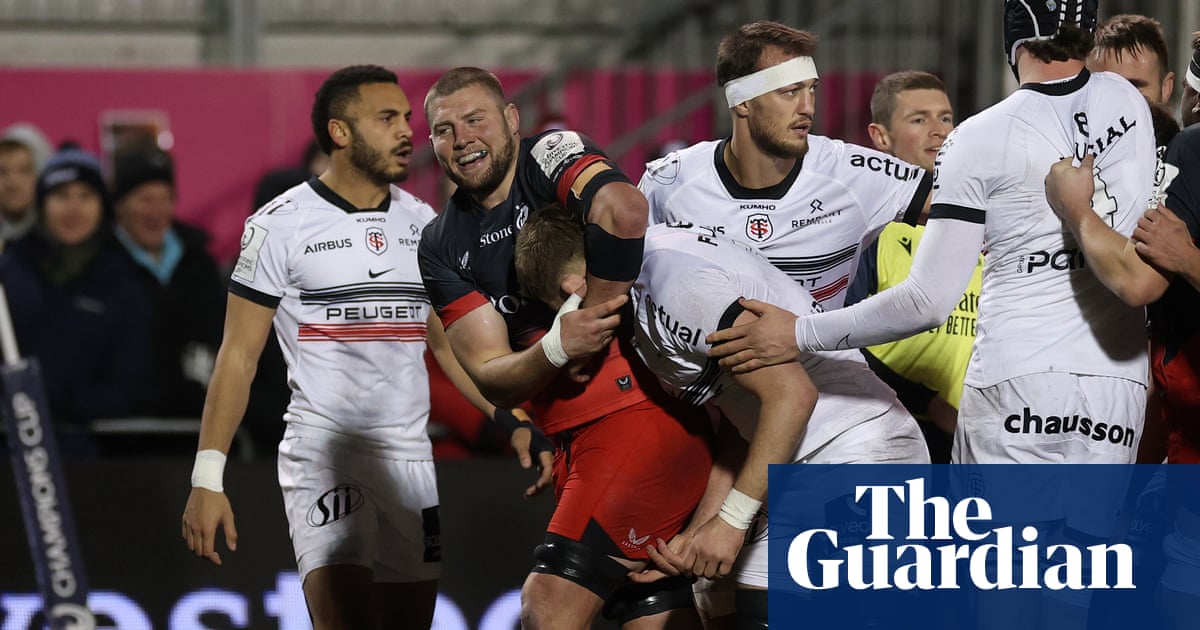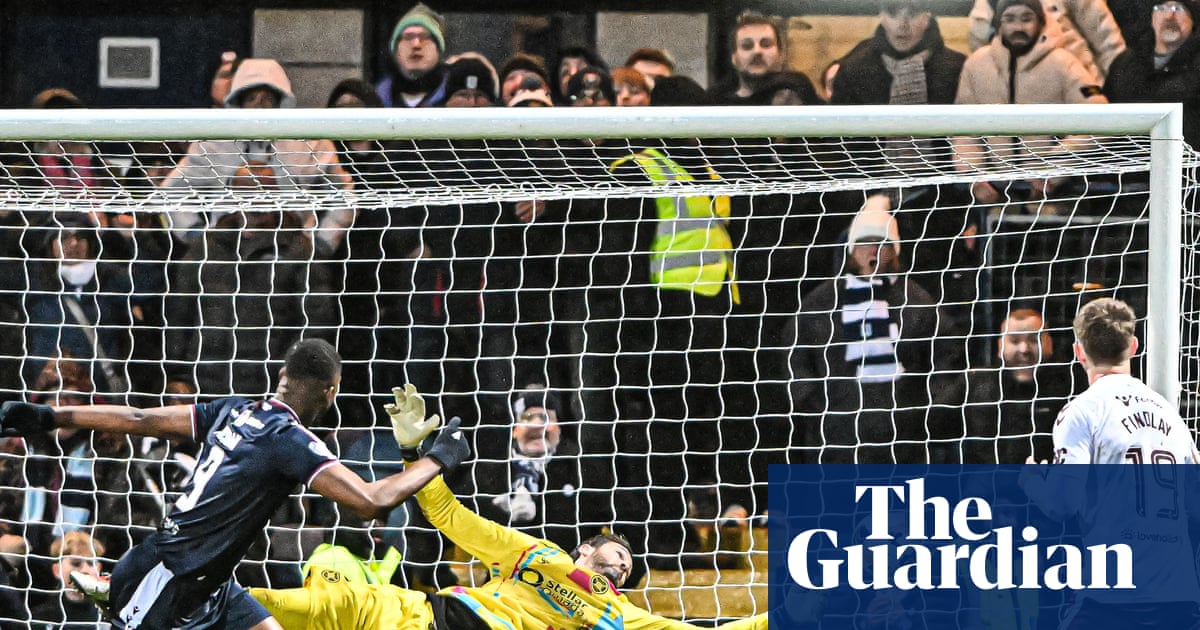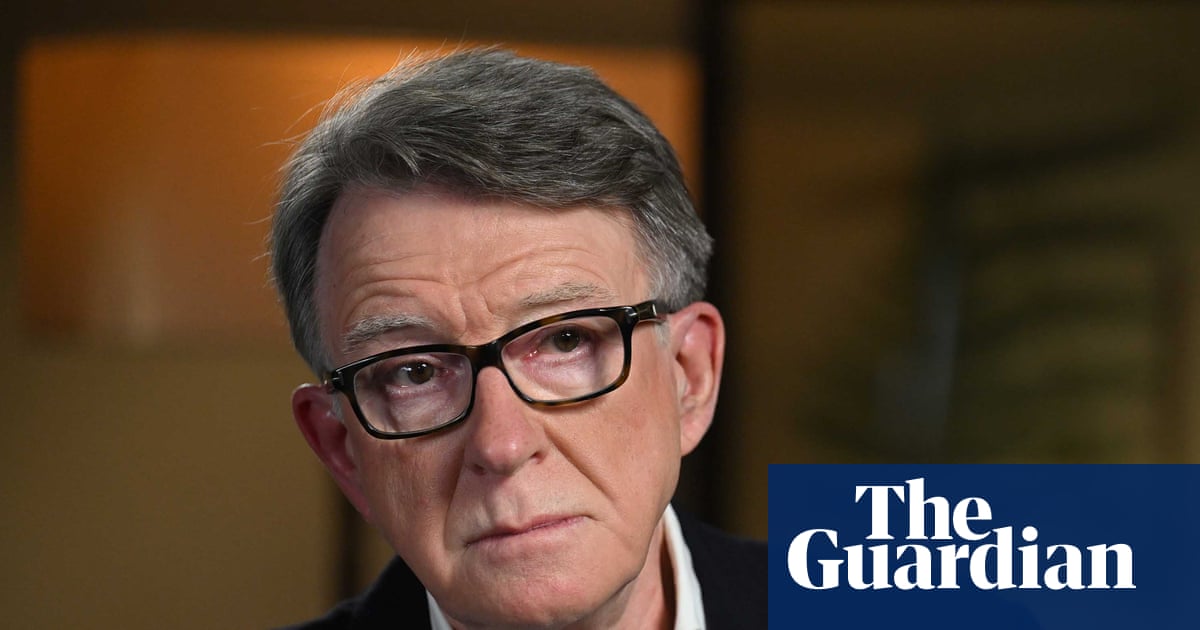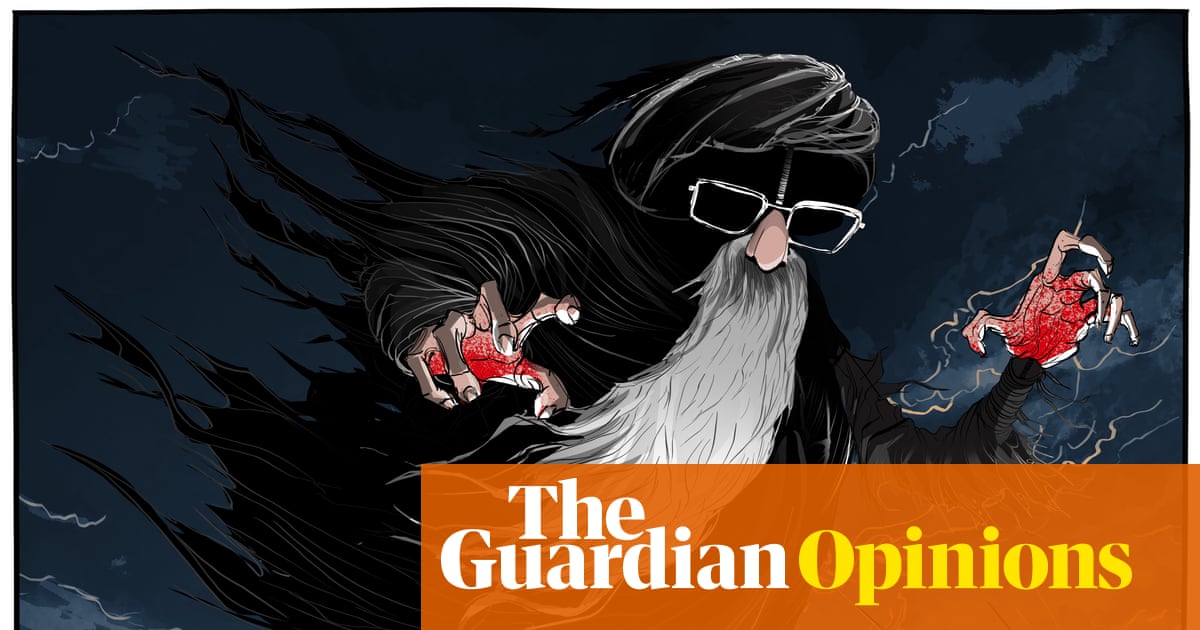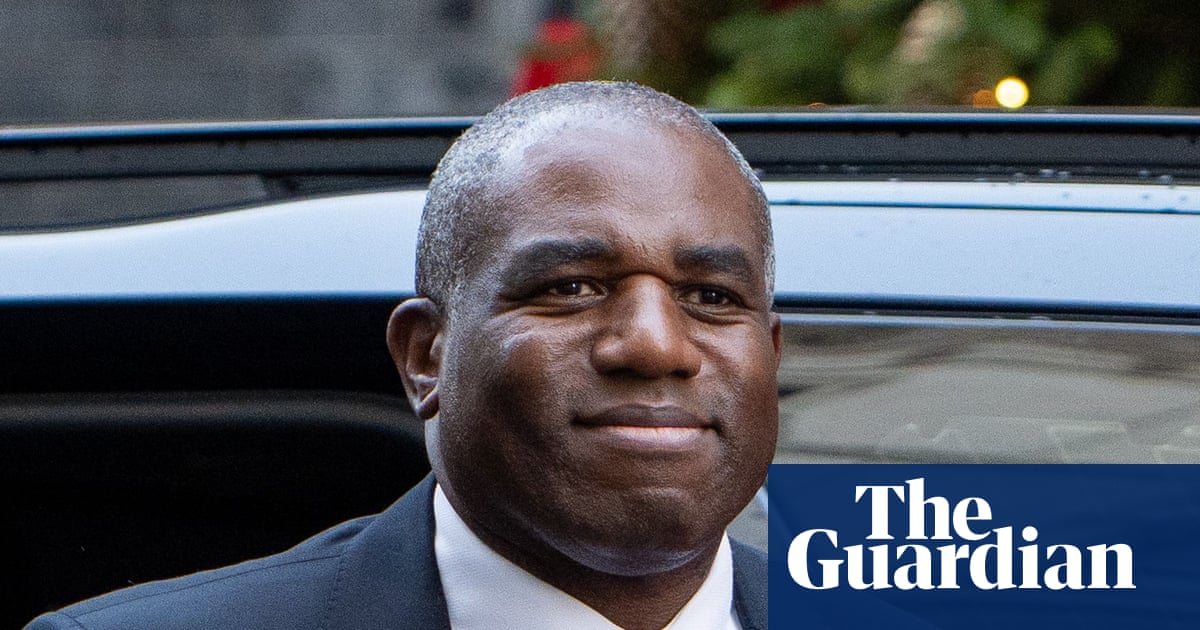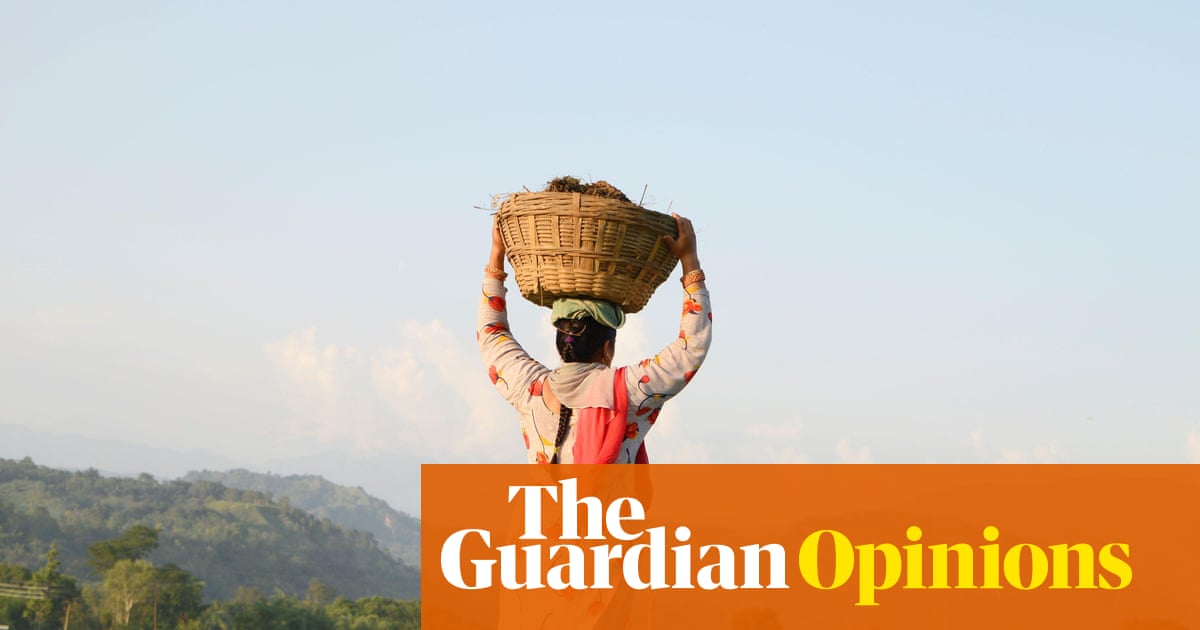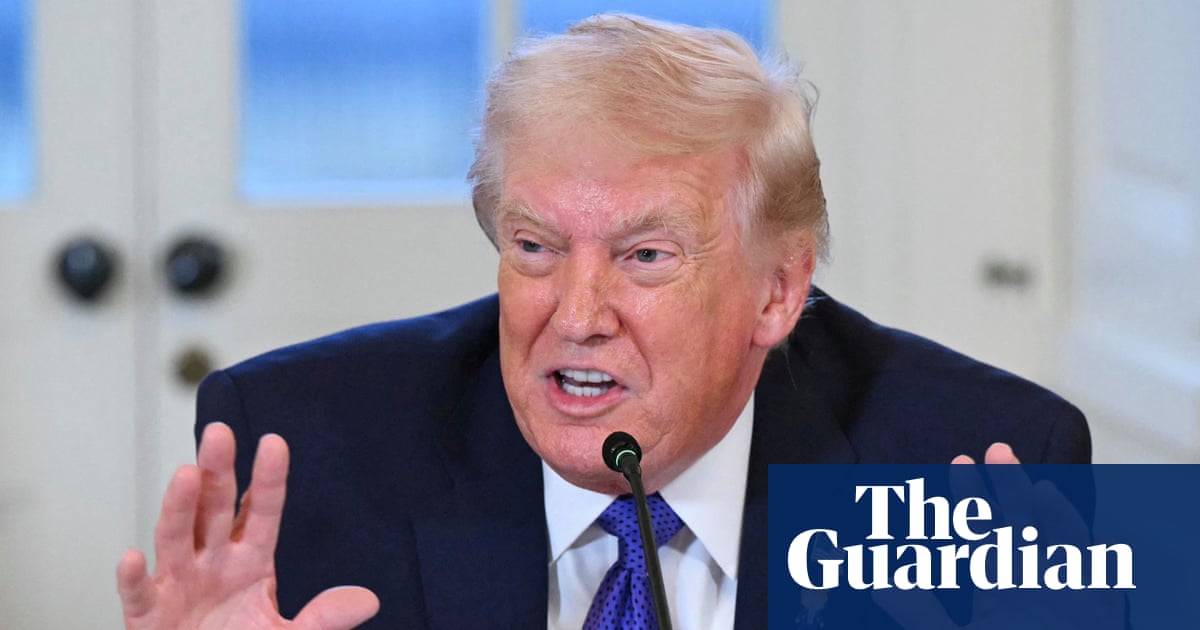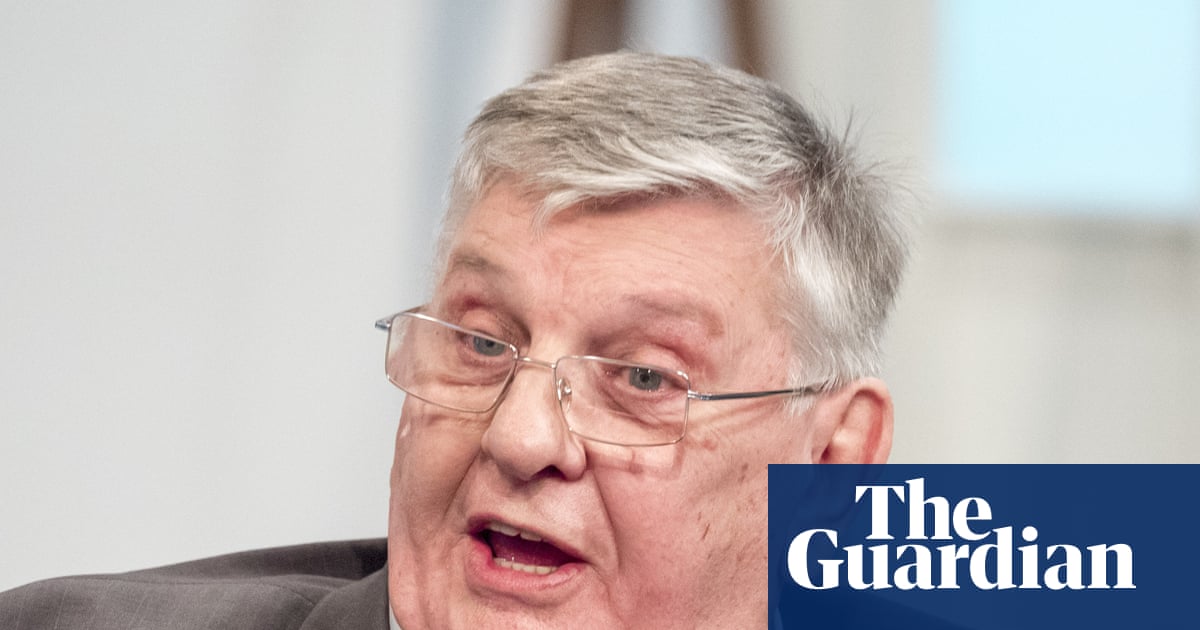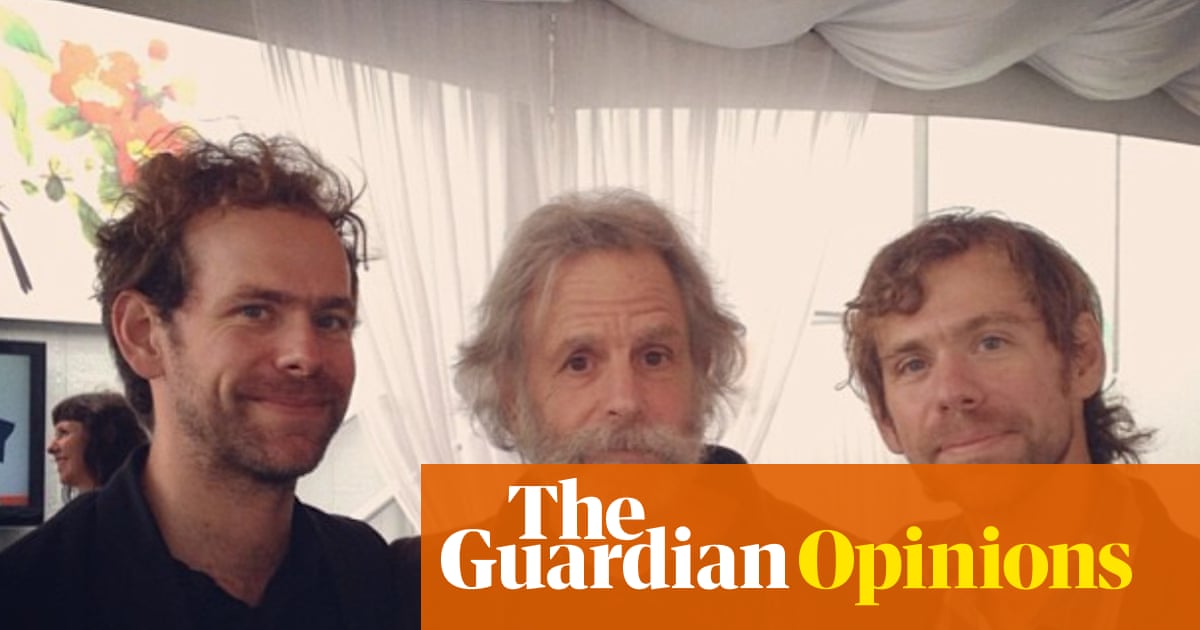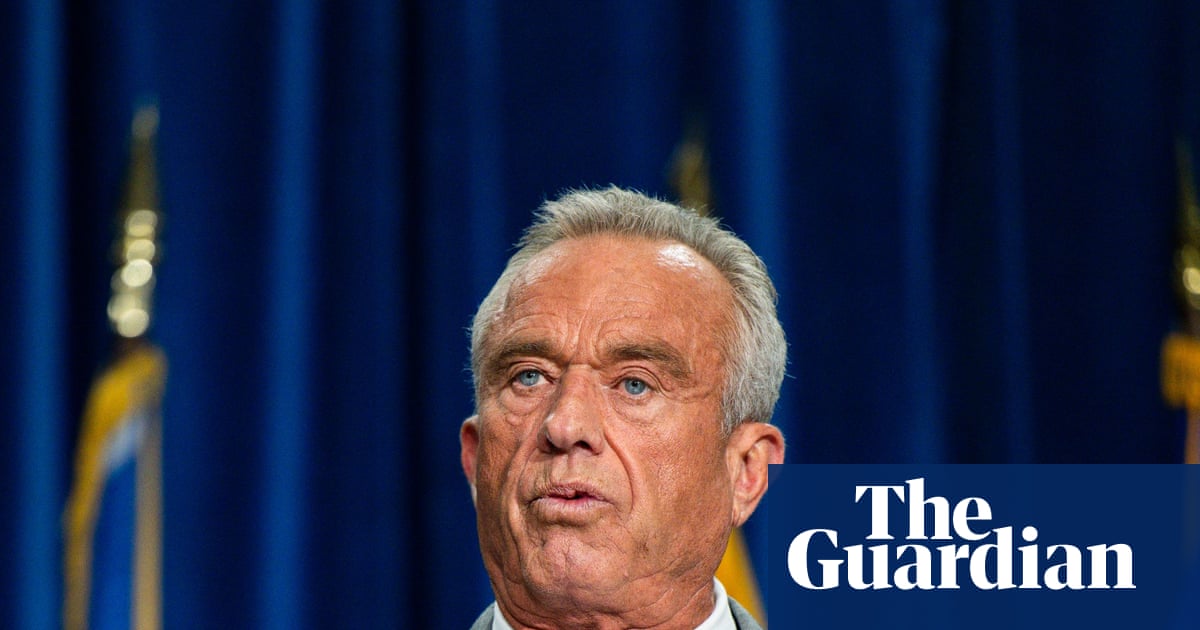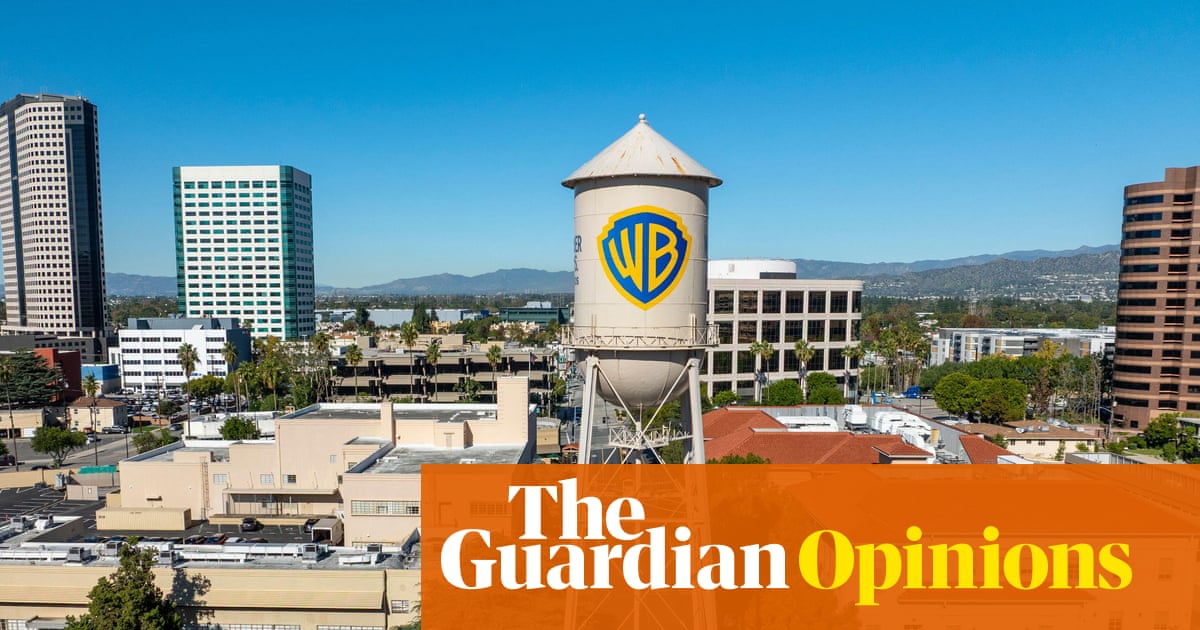“Yesterday I talked to a mother of a child who was born and died in the war.”
“Every day I look at my child, who instead of going to school is going to fetch water, and instead of playing football is hanging around in areas where corpses are lying.”
“We are all on death row in Gaza now.”
These are some of the painful statements I hear during an online meeting with 10 Palestinian human rights defenders (HRDs) in Gaza.
The work they do is vital: their evidence forms the basis of appeals to the UN; their documentation supports the reporting of international media outlets; their efforts inform the work of humanitarian agencies.
If there is to be accountability for the atrocities Israel has committed in Gaza over the last 22 months, it will stem from the work these human rights defenders are doing, despite the slaughter and catastrophic famine created by Israel and its allies, most prominently the US.
They work and live in tents, like most people in Gaza. One defender and mother tells me she has been displaced five times, starting from zero each time.
Many have already been killed.
A typical day for a defender begins by going to look for food and water for themselves and their family, fearful they won’t see their children again. If they make it back, there is no guarantee it will be with supplies. “Today I woke up and there was no water,” one woman said, speaking midway through the afternoon. “In order to live and work, what can I do? I can’t even wash my face.”
They then travel for hours by foot or donkey to hospitals and camps to gather testimonies from victims, in what they and many experts consider a genocide.
Interviews put a target on their backs. As one defender said: “I appear regularly on TV, although it could be life-threatening. Even if I am not the target, the journalist or cameraman could be.” At least 247 Palestinian journalists have been killed in Gaza since 7 October 2023, according to the UN’s Office of the High Commissioner for Human Rights.
Finding electricity is risky. Often, they have to get to the nearest hospital to access the internet and back up their data or charge their devices. The WHO has recorded at least 697 attacks on healthcare centres and hospitals in Gaza since the start of the war, such as the 20 people killed in the attack on Nasser hospital on 25 August this year.
Funding for their work is so limited it doesn’t cover their basic needs, and several globally respected Palestinian human rights organisations have been sanctioned by the US, including for their legitimate work with the international criminal court.
The human rights defenders tell me they feel death approaching, but that they must go on. “My brother died while I was in a meeting,” one female defender told me. “I cried a little, but continued,” she said. Another tells me of her work documenting the killings of children who were born and killed during the war, and of whom there is no official record.
The defenders talk about the chaos that has spread through Gaza as a result of the stranglehold Israel has placed on it and the ongoing famine. “The value system is upside down,” a defender tells me. “Those who have the power and the might to get their daily bread can. Those who don’t are literally starving to death.”
Amal Syam, from the Women’s Affairs Centre, tells me she lost so much weight she was afraid to look in the mirror. “I didn’t recognize myself,” she says. “How can I stand up as an HRD in front of people asking for flour?”
I hear from an organisation trying to ensure persons with disabilities are considered in the planning of aid delivery, which isn’t reaching them. “Sometimes we think that the people organising those programmes are living on Jupiter,” they tell me, “whereas we are here on Earth.”
The defenders describe a loss in the credibility of human rights in general. “We were told that international law is the umbrella that protects civilians during war,” one HRD says. “But now we are being massacred before the eyes of the world.”
When I ask what I can do they tell me there has to be an end to the genocide and war, to the starvation, thirst and forced displacement.
They say what Israel is doing will establish a precedent for authoritarians around the world, that the moral compass is broken, and there must be proper documentation to ensure accountability for the crimes.
They tell me not to wait until they are killed to document their cases.
I am sharing their words here in the hope they will be heard by the people in the United States, and that they will pressure their representatives to use their power to do more to stop the atrocities. War crimes and crimes against humanity must have consequences.
The madness must end.
-
Mary Lawlor is UN special rapporteur on human rights defenders

 3 months ago
100
3 months ago
100
